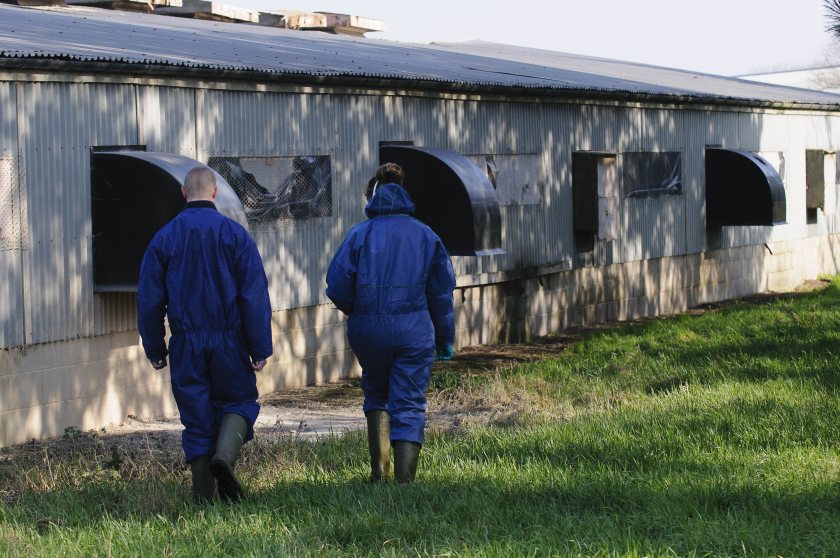
Two more poultry workers have contracted avian influenza after they came into contact with infected birds, following confirmation of two positive cases in May.
The two people returning positive tests are known to have recently worked on an infected poultry farm in England, the UK Health Security Agency (UKHSA) said on Friday (14 July).
The workers displayed asymptomatic human detections of bird flu picked up through its surveillance programme of individuals with direct exposure to infected birds.
The poultry workers were exposed at two different premises in England to the previously reported detections.
Asymptomatic detection may represent contamination of the respiratory tract or infection, UKHSA explained in its statement.
Precautionary contact tracing was undertaken, but the agency said there was still no evidence of human-to-human transmission.
These findings do not change the assessment of human health risk, which remains at 'level 3'.
There have now been a total of four detections through this programme, which was launched earlier this year, in March.
As of 10 July 2023, 144 individuals from eight infected premises have been tested through enhanced surveillance of poultry workers.
Dr Meera Chand, director of clinical and emerging infections at UKHSA, said: "Current evidence suggests that the avian influenza viruses we’re seeing circulating in birds around the world do not spread easily to people.
"However, we know already that the virus can spread to people following close contact with infected birds and this is why, through surveillance programmes like this one, we are monitoring people who have been exposed to learn more about these risks.
"These detections can follow contamination of the nose and throat from breathing in material from the environment, or can be due to infection.
"It can be difficult to distinguish these in people who have no symptoms. Following any detection, we will immediately initiate the appropriate public health response."
The 2021-2023 bird flu outbreak has been the UK's worst and longest ever recorded, with over 330 cases confirmed across the country.
It comes after the government lifted the Avian Influenza Prevention Zone (AIPZ) for poultry and captive birds, introduced to help stop the spread of bird flu.
The risk of avian influenza has now reduced to 'low' for all poultry, the government confirmed last week.
